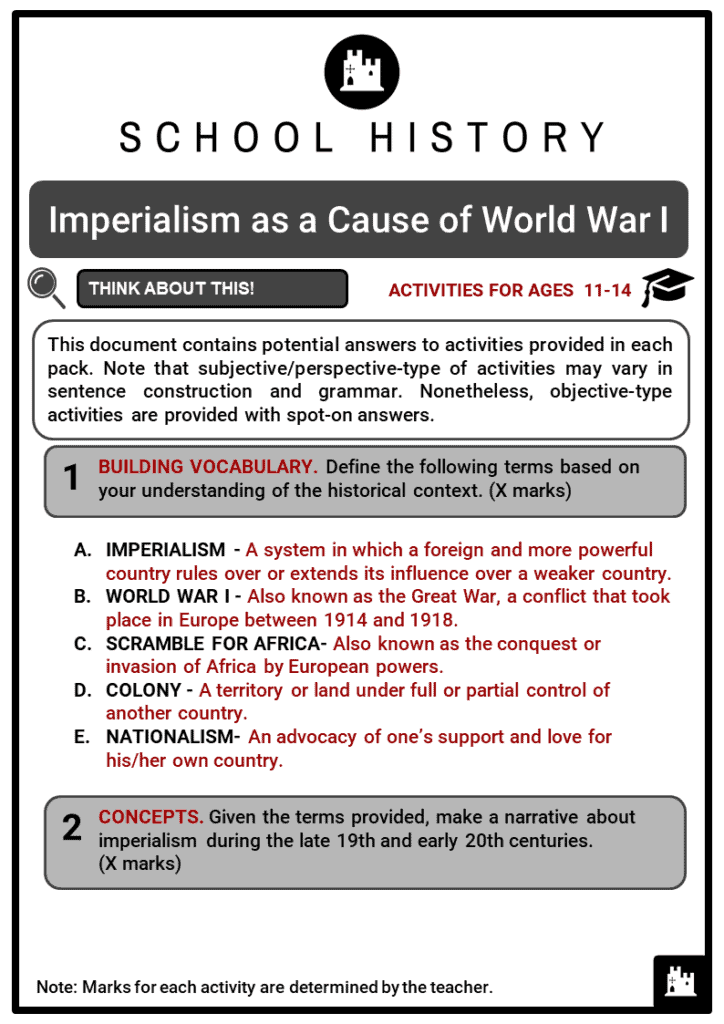

Obama’s comments turn the reality of African poverty and its root causes on their head. 6 Likewise, as during the last crisis, ordinary Africans will be compelled to accept punishing conditions handed down by the global financial institutions. Similarly, today’s economic crisis for “emerging nations” will provide an opportunity for the reimposition of Western fiscal priorities, what anti-Third World debt activist Eric Toussaint has described as “the tyranny of global finance.” As the business presses were reporting in early 2016, a new round of indebtedness and austerity is now unfolding for African economies.

will force low income countries to prioritize debt repayment over essential social services and lead to renewed debt crises throughout the developing world.” 5 In fact, said the Jubilee USA Network at the height of the 2008–2009 global recession, “There is a significant danger that the new borrowing that has resulted from a lack of sufficient international grant support. Yet while the IMF directed industrialized nations to enact stimulus plans and bank bailouts, Africa and other Third World regions were compelled to accept spending cuts and other harsh conditions for loans. In 2008, then-Treasury Secretary Timothy Geithner tripled the IMF’s resources from their current level of about $250 billion, with $100 billion coming from the United States. Tough-love talk of “responsibility” aside, then and now, US policy makers actually view economic crisis as an opportunity to rebuild the global economy at the expense of ordinary Africans. There she likewise chastised the Nigerian government on fiscal policy and corruption in the face of a major commodity price collapse, admonishing them that “hard decisions will need to be taken on revenue, expenditure, debt, and investment,” and prescribing a stern dose of “resolve, resilience, and restraint.” 4 Yet lest we imagine that this approach was somehow exceptional, we can note the echoes of Obama’s words in an address given by International Monetary Fund (IMF) head Christine Lagarde in Nigeria in early 2016. Obama’s speech was made at the height of the 2008–2009 global recession. That is not democracy that is tyranny, and now is the time for it to end.

No person wants to live in a society where the rule of law gives way to the rule of brutality and bribery. But the West is not responsible for the destruction of the Zimbabwean economy over the last decade, or wars in which children are enlisted as combatants. Yes, a colonial map that made little sense bred conflict, and the West has often approached Africa as a patron, rather than a partner. Despite a decades-long trail of broken promises to Africa on aid and development, Obama’s speech in Accra was marked by finger-wagging and reprimands, and an insistence that African nations’ own “mismanagement” and “lack of democracy” are to blame for their economic and social problems. President Barack Obama made his first visit to sub-Saharan Africa as president in July, 2009, speaking in Accra, Ghana.


 0 kommentar(er)
0 kommentar(er)
